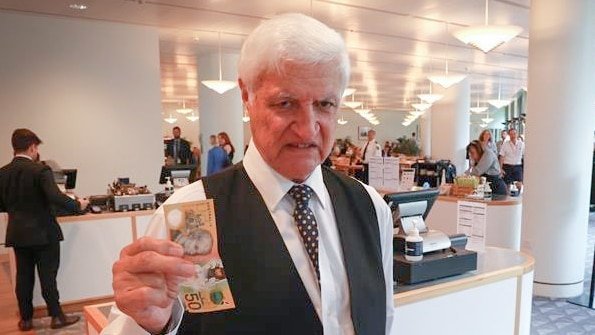Cashless Chaos: Australia Plunges into Digital Payments, Leaving Small Businesses and Consumers Stranded
- Millions of Australians may soon struggle to find shops that accept cash as businesses increasingly go digital.
- A loophole in the new cash rule, set to come into effect on January 1, could exempt small businesses from accepting physical money.
- A third of small businesses are considering going cashless in the coming year, citing security risks and economic benefits.
Australia is on the cusp of a cashless revolution, with millions of consumers potentially left stranded as businesses ditch physical money. From January 1, businesses supplying essential services will be required to offer the option of banknotes and coins. However, a significant loophole could exempt small businesses from this rule, leaving many Australians struggling to find shops that accept cash.
David Bartlett, a 43-year-old business owner, told The Nightly that he prefers going cashless, citing security benefits and convenience. “I rarely carry cash,” he said. “I don’t get paid in cash, so why would I spend cash? Tap and go: if I lose my wallet, I don’t lose my cash.”
The Fishbowl cafes across Australia have proudly declared they are cashless, citing improved hygiene and faster transactions. Meanwhile, Gloria Jean’s Coffees, which initially announced a cashless trial, will now accept polymer notes again thanks to Treasurer Jim Chalmers’ cash rule. However, its franchises, considered small businesses, are exempt from the mandate.
Brian Walker, the chief executive and founder of the Retail Doctor Group, warned that more cafes, particularly those with younger customers, are likely to go cashless. “There’s no great advantage now for the small business to have the infrastructure to process cash,” he said.

The Reserve Bank of Australia has noted that fewer shops are taking cash, with an increasing share of consumers observing merchants refusing cash as a payment method. In fact, a survey revealed that cash made up just 13% of consumer payments in 2022, a significant drop from 27% in 2019 before the pandemic.
As Australia becomes increasingly cashless, consumers may need to adapt to a new reality. But with many small businesses and essential services still accepting cash, it remains to be seen how this shift will play out.

